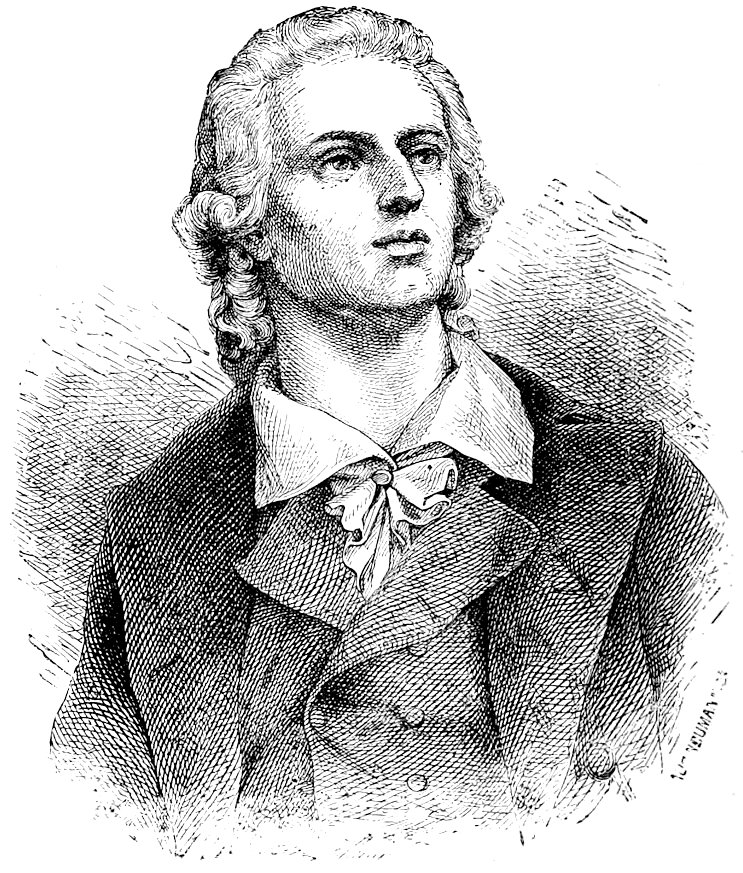
I have a deep appreciation for comedy clubs. They have always been a source of joy for me. My wife refers to them as my happy spot, and she’s certainly correct. Although I haven’t been able to visit one lately, I regularly immerse myself in stand-up clips from performers like Dave Chappelle, Chris Rock, Kevin Hart, and numerous other comedic talents. During the high-pressure days of my residency in New York City, those venues provided me with refuge. In those softly lit spaces, laughter evolved into a subtle act of resistance against the weight of my daily routines.
I still recall Comic Strip Live on the Upper East Side, famously known as the longest-standing stand-up venue in the city. It’s the birthplace of legends like Seinfeld and Rock. There is something deeply human about that environment—a microphone, a spotlight, and a courageous individual unearthing personal imperfections for collective release.
In my view, comedians are often significantly underrated for the intellectual depth their craft requires. The finest among them skillfully combine keen observation, emotional insight, and linguistic elegance to extract meaning from the mundane. They serve, in essence, as philosophers cloaked in humor, condensing intricate truths about humanity into punchlines that simultaneously disarm and enlighten. I am particularly drawn to those who utilize self-deprecating humor not as a defense but as a gift.
Kevin Hart exemplifies this form of artistry. His performances are filled with playful self-mockery concerning his height, irrational anxieties, parenting blunders, and unique quirks. He frequently shares anecdotes that might make others cringe, yet he presents them with infectious enthusiasm and unwavering sincerity. What makes his humor so impactful is not only its comedic quality but also its openness. His vulnerability makes him incredibly relatable, even while performing on the largest platforms.
People don’t laugh at his expense; they laugh alongside him because, in his honest revelations, they see reflections of themselves. It’s little surprise that, by 2025, Hart’s net worth is projected to reach an impressive $450 million, a testament not just to his skill but to the appeal of his authenticity.
In stark contrast, we find ourselves in a culture increasingly entrapped by the illusion of perfection. A simple scroll through social media inundates us with tailored lives, carefully edited achievements, and immaculate appearances. In both professional and personal interactions, we are subtly nudged to perform, to seem capable, polished, and consistently composed. Yet, ironically, the more perfect we appear, the more emotionally unavailable we often become.
A few years ago, I was invited to speak at an esteemed gala honoring newly inducted internal medicine residents. I arrived in my white coat, symbolizing seniority and authority. Almost instantly, I sensed a gap, a respectful yet cautious boundary. Then, on an impulse, I deviated from my prepared speech and shared a humbling experience from my internship: the day I completely froze when tasked with interpreting an ECG.
The reaction was immediate, genuine laughter, followed by a noticeable easing of the atmosphere. In that moment, I ceased to be the authoritative figure at the lectern; I was merely human, grappling with my own challenges. That experience left a lasting mark. When we dare to unveil our flaws, we grant others a rare and generous gift: the permission to embrace their own imperfections. We reassure them they are not isolated in their awkwardness, uncertainty, or shortcomings. Such emotional generosity fosters trust and belonging, far beyond what any résumé or rehearsed oration could achieve.
While perfection is often lauded, it ultimately creates distance. Although we may admire those who seem flawless, we rarely feel a connection with them. Perfection creates barriers; it hinders intimacy. In contrast, imperfection serves as a bridge—the shared vulnerability that enables trust to flow from one individual to another.
A dear friend of mine once tried his hand at stand-up comedy and faced a notably awkward failure. The audience recoiled; the silence was overwhelming. Yet, in the aftermath, several attendees approached him, not to ridicule, but to express gratitude. His courage to fail in public inspired them. “You did something I could never do,” one person said. His misstep accomplished what no perfect act could: it created connection through bravery.
This principle extends far beyond comedy. In leadership as well, the ability to acknowledge one’s flaws is a rare and valuable strength. I once worked under a hospital director who readily admitted when he was unsure. He often sought our opinions with genuine sincerity. Far from diminishing his effectiveness, this humility fortified our trust. He led not with arrogance but with genuineness. We felt acknowledged, respected, and engaged.
On the other hand, I’ve witnessed leaders who invest immense effort in cultivating an image of invulnerability. They may secure compliance